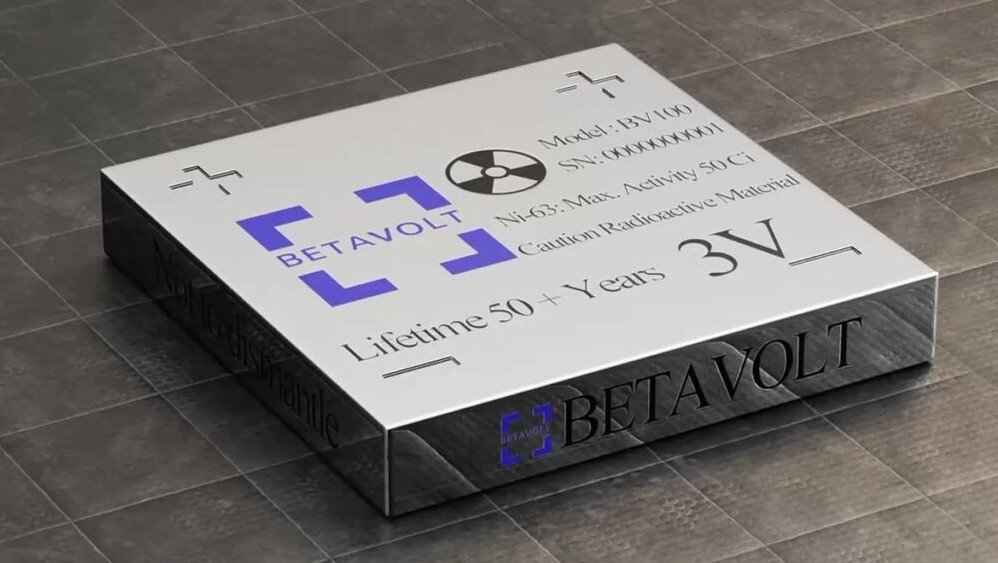Beijing-based startup Betavolt Technology is pioneering a revolutionary nuclear battery for smartphones that could potentially eliminate the need for regular charging.
Beijing-based startup Betavolt Technology is pioneering a revolutionary nuclear battery for smartphones that could potentially eliminate the need for regular charging. Recent reports suggest that the Chinese company is delving into nuclear technology for various battery applications, with the promise of batteries that can hold a charge for an astounding 50 years. If successful, this innovation could lead to smartphones outlasting their users.
Betavolt’s cutting-edge technology draws inspiration from batteries used in spacecraft and pacemakers, harnessing the power of nuclear energy through radioactive decay. Traditionally, the use of plutonium in nuclear batteries has deterred companies due to its high radioactivity. However, Betavolt has taken a different approach by incorporating a diamond semiconductor layer and a decaying nickel isotope into their variation of the nuclear battery.
One of the most compelling aspects of Betavolt’s nuclear battery is its claim of emitting no radiation and lacking toxic elements commonly found in conventional batteries. This not only addresses safety concerns by eliminating the risk of explosions but also highlights the battery’s resilience, showcasing effective operation in extreme temperature conditions ranging from -60 to 120 degrees Celsius.
Betavolt has elucidated on the achievement of “miniaturization of atomic energy batteries,” successfully cramming 63 nuclear isotopes into a module smaller than a coin. Named BV100, this diminutive module is capable of delivering a charge of up to 100 microwatts, more than sufficient for the power demands of modern smartphones.
Despite its compact size of just 15 x 15 x 5mm, the nuclear battery boasts an impressive voltage of 3V. Betavolt Technology envisions combining two or more of these batteries for larger devices beyond smartphones, providing increased power capacity.
This breakthrough represents a significant leap in energy storage technology, offering a glimpse into the future of long-lasting and high-voltage batteries.
While the project is still in its early stages, Betavolt Technology expresses optimism about entering mass production soon. However, the integration of this technology into smartphones and other consumer devices may take some time.
The development and implementation of such groundbreaking innovations often involve rigorous testing, regulatory approvals, and addressing potential concerns from the public and environmental perspectives.
The implications of Betavolt’s nuclear battery extend beyond the realm of consumer electronics. If successfully commercialized, this technology could find applications in various industries, ranging from medical devices to remote sensors and space exploration.
As the world grapples with the challenges of sustainable energy and environmental impact, advancements like Betavolt’s nuclear battery offer a glimpse into a future where clean, long-lasting, and high-performance energy solutions become the norm.
While hurdles and questions remain, the potential for a paradigm shift in battery technology is undeniably exciting, paving the way for a new era of innovation in the tech world. Only time will tell when and how Betavolt’s nuclear battery will transform the landscape of electronic devices and beyond.
